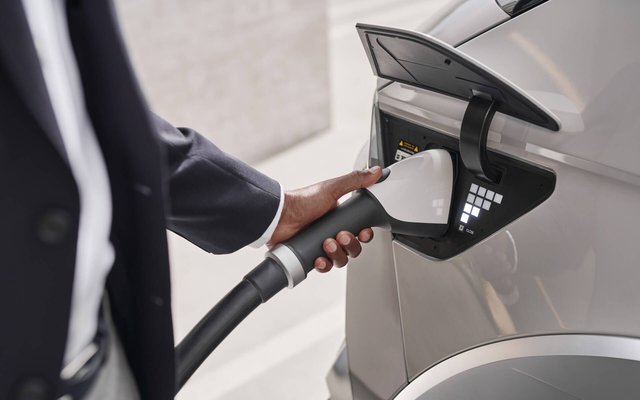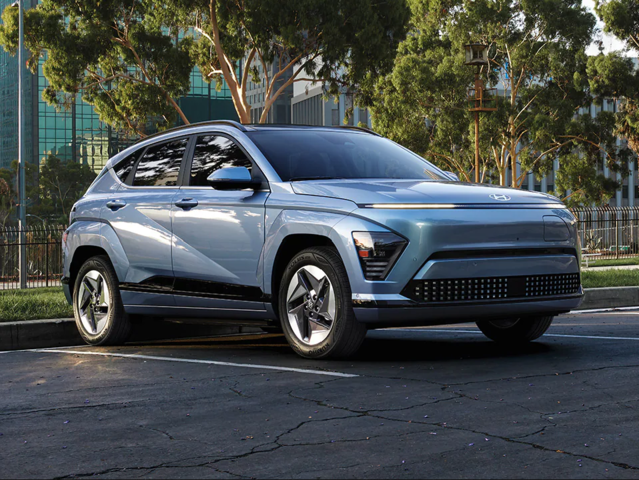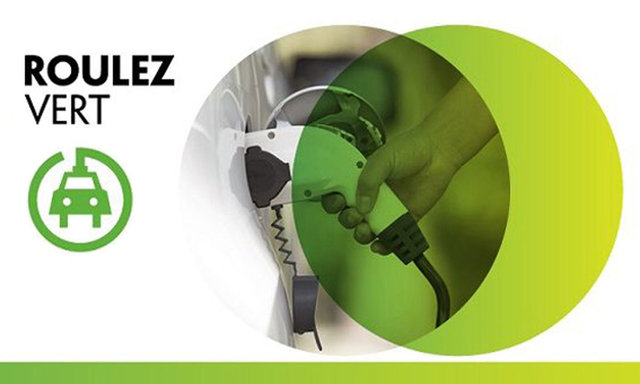Hyundai is accelerating its transition to electrification despite a challenging business environment caused by the global chip shortage and ongoing pandemic, CEO Jaehoon Chang said today during the automaker's Investor Day forum.
The plan is to invest the equivalent of $20 billion CAD in EVs by 2030 including the launch of 17 new models—11 Hyundais and six from luxury brand Genesis.
Hyundai's push will cover three sedans, six crossovers, one light commercial vehicle and a "new type" model that wasn’t specified. The IONIQ 6, a passenger car inspired by the Prophecy concept shown in 2020, will lead the way and be followed by the IONIQ 7 crossover, as was previously announced.
Over at Genesis, we’ll see two cars and four crossovers including the Electrified GV70 that launches later this year. The brand will only introduce battery-powered models from 2025 and become fully electric in 2030.
Some of the future EV models will ride on a new Integrated Modular Architecture (IMA) beginning around mid-decade. This platform will be an evolution of the current e-GMP platform developed for the Hyundai IONIQ 5, Kia EV6 and Genesis GV60.
Hyundai’s investment is for EV-related businesses, which also includes building new factories (like the one planned in the U.S.), EV charging stations and strategic alliances with battery manufacturers.
By the end of the decade, Hyundai, Kia and Genesis collectively hope to achieve a 7 percent market share in the global EV market with annual sales of 1.87 million units—triple the target of 560,000 by 2025.






